Berserk: The Box of War (6 Discs)
Wow! I wasn't expecting 'Berserk', a macho looking medieval swords and battles romp made over a decade ago, to be anywhere near as good as it was. It really is fantastic - certainly up there with my favourite anime series, and as good as anything I've seen this year (with the possible exception of the sublime 'Mushi Shi').
Whilst the animation looks a little primitive by today's standards, with no visual anime cliché left unturned, it more than makes up for this with a humdinger of an adventure story that digs deep into the psyche of its central characters. Whilst 'Berserk' may be all about ultra-violent sword fighting on one level, on another it is almost religiously poetic, serving up the most jaw-dropping conclusion committed to the small screen since the final episode of 'The Prisoner'. (It needs to be seen to be believed!)
Berserk is based on a popular Manga by Kentarou Miuras (which, for all I know, is still being written). It's a dark and depressing tale that follows a central character called 'Guts' (who is a little like the lead in 'Fist of the North Star' - all brawn and bluster). Guts is a mercenary who becomes a follower / ally to the leader of the Band of the Hawk, Griffith, a quasi- religious guru with huge charisma, blind ambition and incredible fighting prowess. Guts proves to be his most valuable soldier, proving himself again and again in bloody battles, leading the troops to greater and greater victory whilst his comrade Griffith uses brain power and politics to better their cause, with a view to eventual domination of the lands.
The story is something of an addictive saga, spread out across 26 episodes over 6 discs, and whilst the tale follows a definable, almost historic course, it is the relationships between the leading characters that make the show so compelling.
Guts devotion to Griffith is complex and confusing. Griffith assumes the position of 'superior' but seems attracted to Guts purely because he thinks he has found an equal. Guts is enamoured by Griffith because of the seeming righteousness of his vision and the passion and energy that Griffith puts into his cause.
Equally beholden to Griffith is Casca, a 'Grrrrl' soldier, rescued by Griffith when she was just a child from the hands of a rapist, she is beholden to him and his cause. She too is a fearless and formidable fighter, almost Griffith and Guts equal. As the series develops it's clear that, despite a stormy start to their relationship, she has feelings for Guts he in turn has feelings for her. In fact, it is the strength of these feelings and the knowledge of the circumstances of her arrival to the Band of the Hawk that makes the ending episode so powerful and difficult to watch (hope I'm not giving too much away!).
As the story progresses, we share in their success as the Band of The Hawk become victorious over their foes. But when Guts decides that he must fight his own battles and wishes to leave the group, he and Griffith have a battle with Guts the victor. During 12 months away from the group, Griffith is captured and tortured and appears to be a shadow of his former self. When Guts returns and learns of Griffith's imprisonment for treason, he and Casca set out to rescue him, though Griffith appears changed forever.
The final two episodes of the series stretch any semblance of reality into a mind-melt, with surreal monsters and demons tearing the Band of the Hawk to shreds, whilst assimilating the soul of Griffith into a new and grisly incarnation who turns on his own people. Anyone who has seen either Akira or Urotsukidoji may have some notion of the sheer mayhem that follows.
As usual, being no purist about this things, I'm always happy to opt for the English dub which, unless its truly awful, I generally stick to. Some of the voices here are a little clichéd but just about passable. It seems that dubbing has come a long way since 1997 (the voices on 'Death Note' for example, which I am devouring at present are far superior and less obvious and clumsy than these). But despite this, 'Berserk' holds up just through the strength of its story and characters, with no let up - all killer, no filler!
It certainly warrants its18 certificate, with some of the bloodiest anime I've seen (with the exception of 'Afro Samurai' and 'Black Lagoon') and there are also scenes of implied rape and abuse which some may find disturbing.
The image quality is fine throughout despite its full-screen (4:3) TV ratio.
The extras, in common with the majority of anime sets, is a bit scant with the usual range of production sketches, textless openings and end credits (seriously - who the hell is interested in these?), art galleries, and an audio only interview with originator Kentaro Miura and a video interview with Producer Toshio Nakatani.
Overall, a great addition to anyone's anime library and actually, probably a reasonable place to start for any newcomer to the genre too. For those who would like another opinion, and a whole lot more detail from our very own professor of all things anime, then check out Jitendar's reviews of the six seperate volumes that make up this set. (Search for 'Berserk').
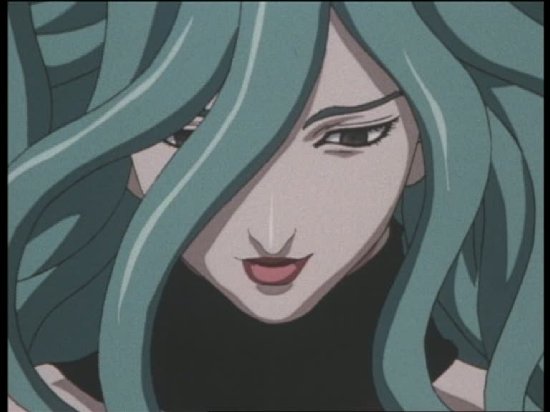
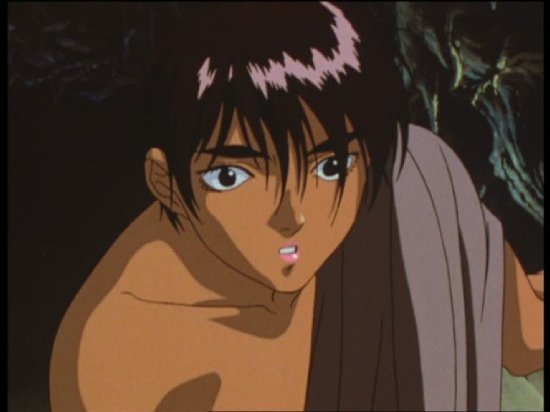
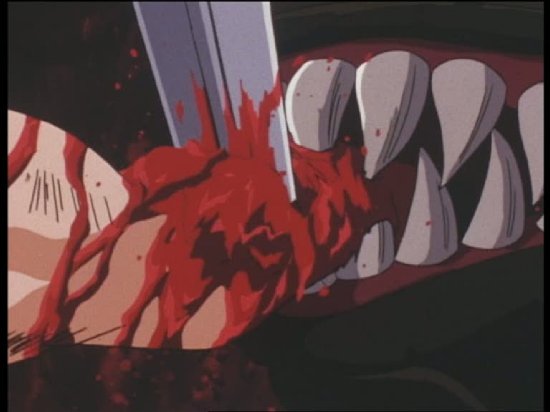
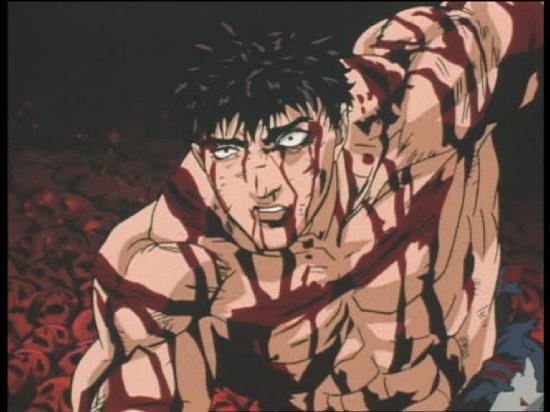
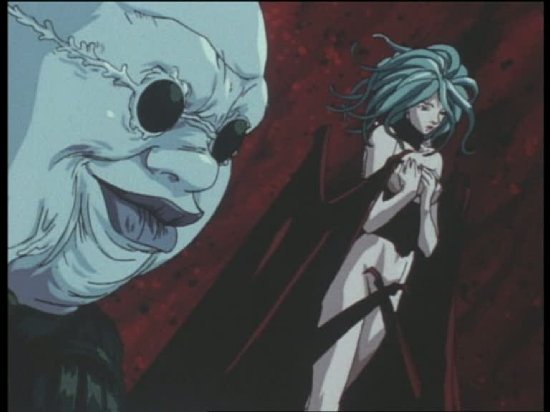
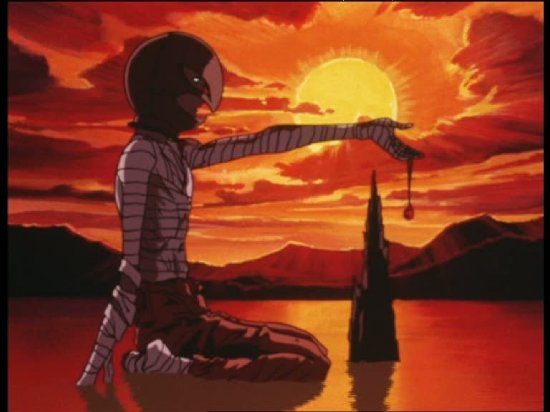
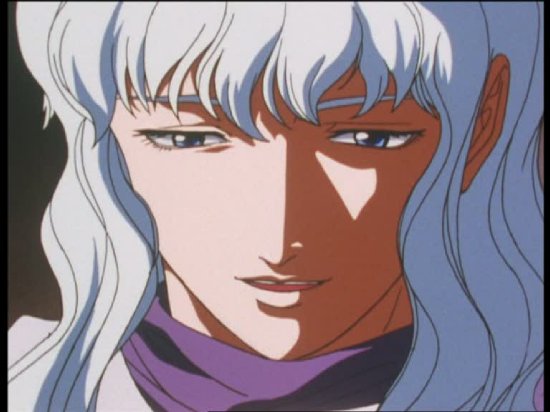
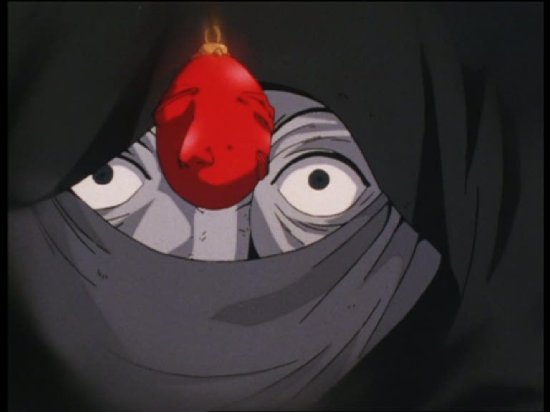
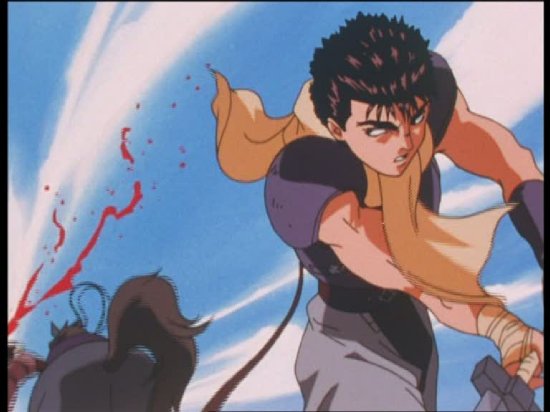
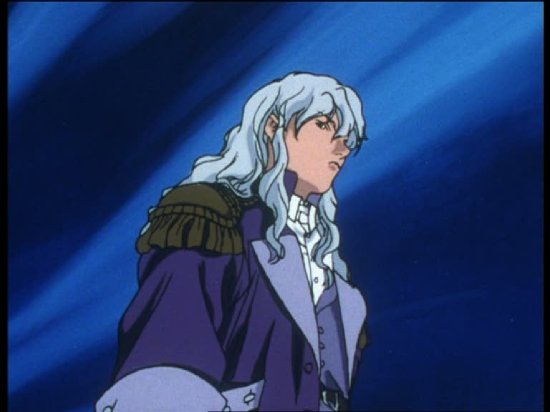
Your Opinions and Comments
Be the first to post a comment!